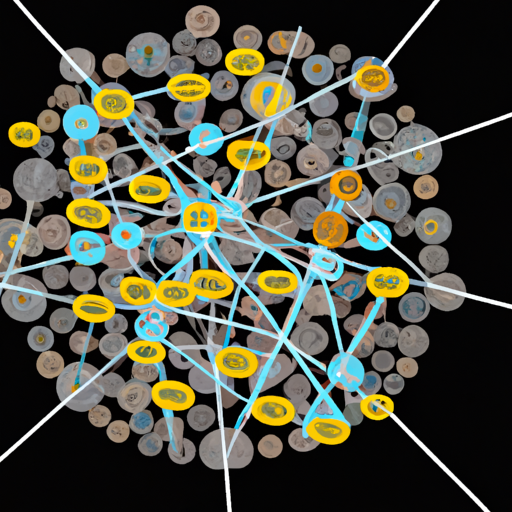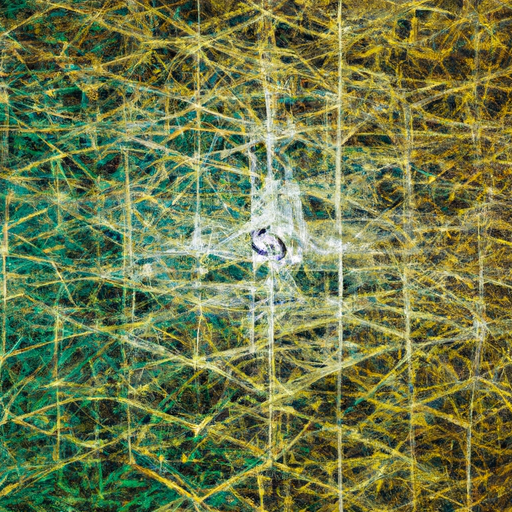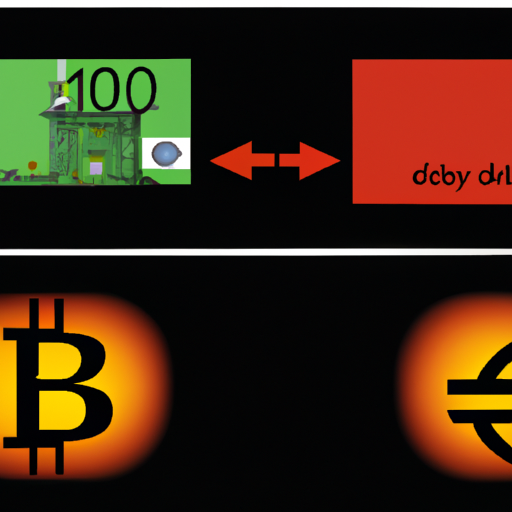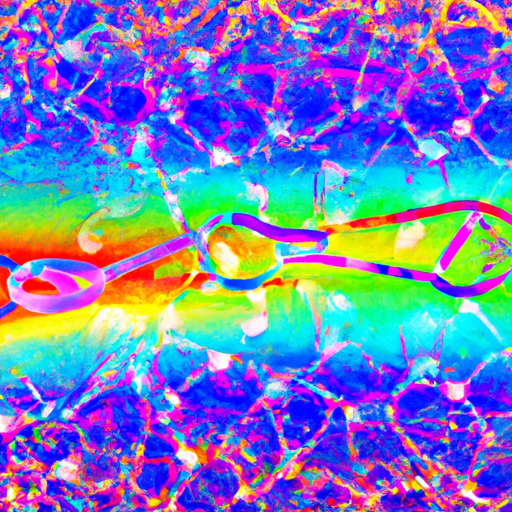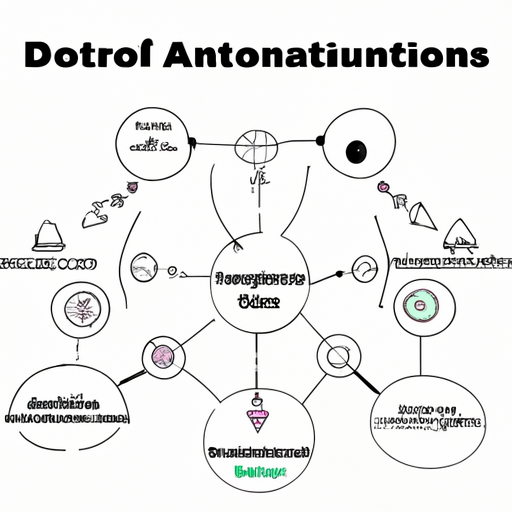
Understanding DAOs: Decentralized Governance and Its Potential
By: Isha Das
Decentralized Autonomous Organizations (DAOs) are a novel model of organizational governance that operate based on pre-set rules encoded as computer programs known as smart contracts. This revolutionary concept, facilitated by blockchain technology, aims to provide a more democratic means of decision-making, enabling anyone to propose changes and vote on them, thus potentially reshaping how companies operate.
In simple terms, a DAO is a way for groups of people to collectively make decisions and manage resources, without the need for a centralized authority. A DAO achieves this by relying on Ethereum's blockchain. Here, a DAO's rules are hard-coded into a smart contract, enabling a transparent and efficient system for decentralized governance.
The potential of DAOs is immense, evident in their increasing influence in different sectors. Prominent examples include MakerDAO for creating stable digital currencies, and Aragon for creating and managing decentralized organizations.
Despite their potential, DAOs face significant legal and operational challenges. Legally, since DAO’s operate in a regulatory gray area, they face difficulties with legal recognition which poses barriers in interacting with traditional legal systems. Operationally, DAOs must contend with decision-making inefficiencies and collective action problems that can arise due to their decentralized nature.
